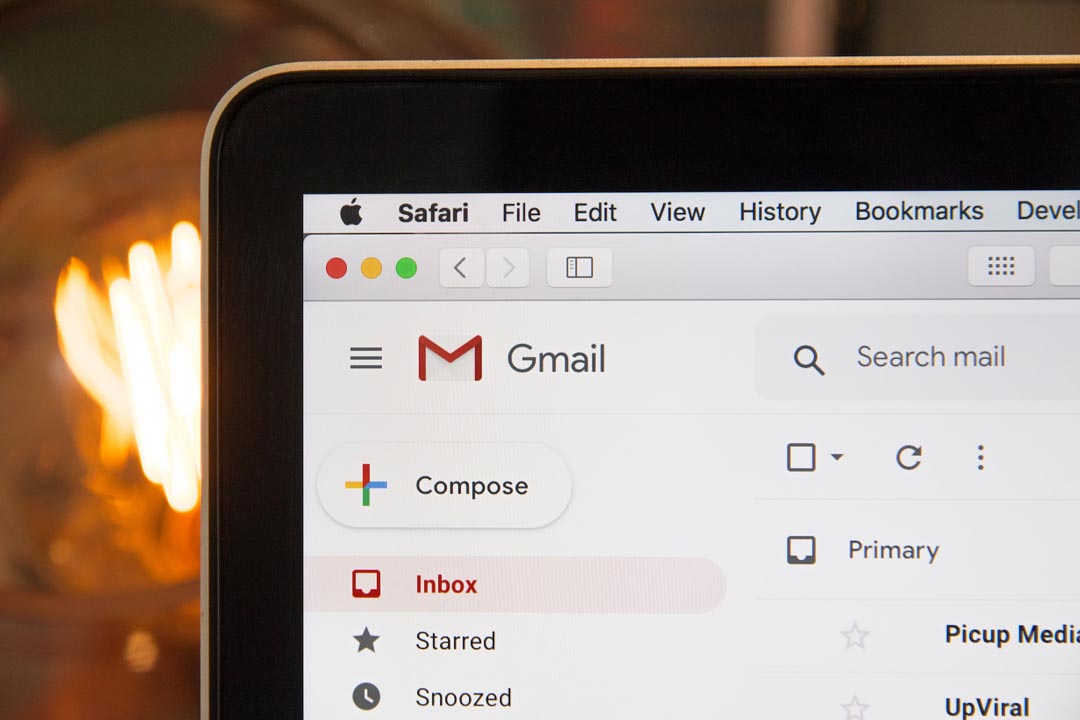As more and more of the legal industry goes virtual, lawyers need to be more careful about their communications with the court. An email to the judge or any court personnel could violate the Rules of Professional Conduct (RPC), which prohibit “ex parte communications,” or communications made outside of the presence of the other parties or their lawyers.
Emails Are an Official Part of Conducting Business
Although emails seem informal or “loose,” they are part of conducting business in the virtual age. While a lawyer may think more carefully before drafting a letter to the judge or presenting an oral argument in court, the same lawyer could expose themselves to ethical problems if they choose to send a quick email to any courtroom personnel.
Ex parte communication of any kind can cause court orders to be overturned and lead to disciplinary action for attorneys. As such, lawyers should be extremely aware of how they use email and all other methods of communication with the court.
Case Studies
In his co-authored article in the New York Law Journal (opens a new window – digital membership required), Chris McDonough discusses legal lessons from the COVID-19 pandemic and includes several historical examples of attorneys inadvertently breaking the RPC via email and ex parte communications. For example, in Coleman v. Coleman, 61 A.D.2d 757 (1st Dep’t 1978), the Appellate Division reversed a temporary support order because of improper ex parte communication from the plaintiff. Similarly, an attorney in Matter of Steinberg, 167 A.D.3d 206 (1st Dep’t 2018), was suspended for professional misconduct after emailing a judge and stating: “I would respectfully suggest that the only proper course should be for you to recuse yourself.” As this case demonstrates, email is not the appropriate avenue for these kinds of requests.
During a case, attorneys should not email the judge, nor any other courtroom staff unless the communication adheres to the RPC, and the legal team provides opposing counsel with a timely copy of the communication. In the Matter of Winiarsky, 104 A.D.3d 1 (1st Dep’t 2012), an attorney was disciplined with a public censure for offering a court attorney an employment position via email.
Always Err on the Side of Formality
As a general rule, attorneys should not send any emails that they would not feel comfortable reading aloud in front of the court and opposing counsel, and if lawyers need to email the court for any reason, they should include a representative from opposing counsel. Providing the other parties with a hard copy of an email may still result in a period of ex parte communications, as emails are faster than standard mail.
Lawyers should always err on the side of formal communication. Drafting a letter or scheduling a special hearing in front of a judge requires more thought, and requests and communications are usually more thorough. Likewise, affidavits and formal motions can be redacted at the court’s discretion before they are shared with opposing counsel without breaking ex parte communication rules.
About the Author
Attorney Chris McDonough, Esq. is the founder of McDonough & McDonough and special counsel to Foley Griffin in Garden City, NY. For more than 30 years, he has represented lawyers and law students and focused on attorney ethics and attorney discipline.
If you are facing an ethical dilemma or a disciplinary action, please schedule a confidential consultation with our experienced attorneys at McDonough & McDonough.
We know what’s at stake and are ready to discuss your case at (516) 980-3692 or online.


